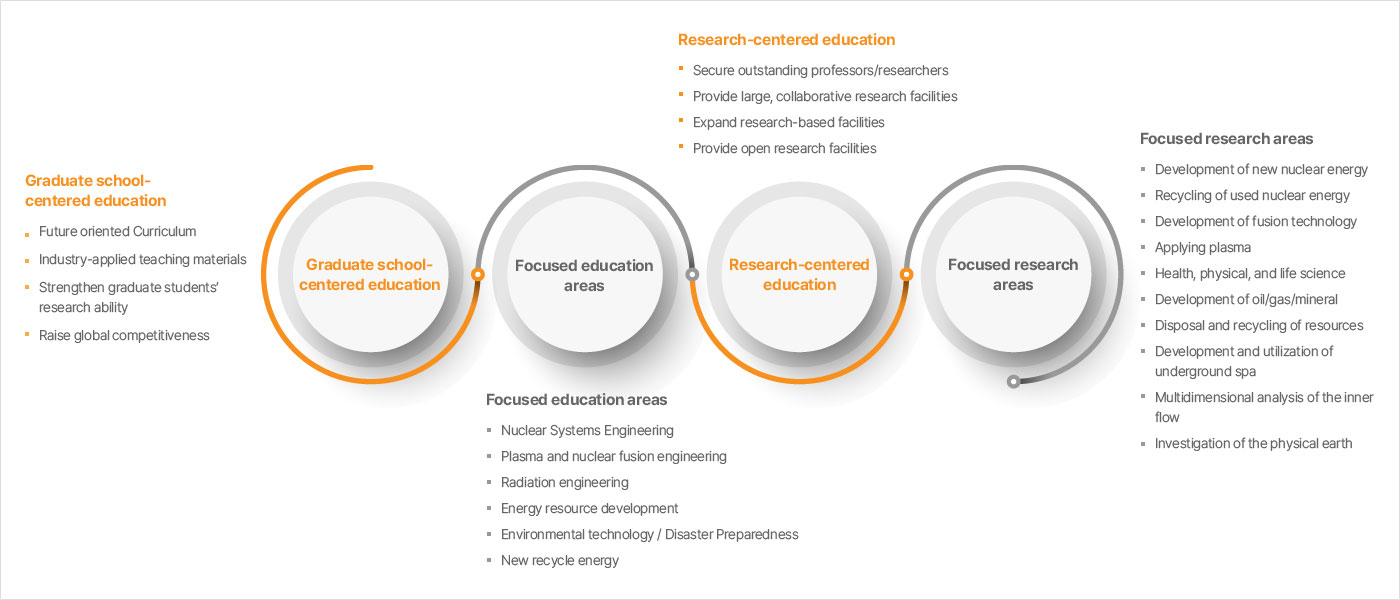- About
- Academics
-
Undergraduate Programs
- Civil and Environmental Engineering
- Architecture and Architectural Engineering
- Mechanical Engineering
- Industrial Engineering
- Energy Resources Engineering
- Nuclear Engineering
- Materials Science and Engineering
- Electrical and Computer Engineering
- Naval Architecture and Ocean Engineering
- Computer Science and Engineering
- Aerospace Engineering
- Chemical and Biological Engineering
-
Graduate Programs
- Civil and Environmental Engineering
- Architecture and Architectural Engineering
- Mechanical Engineering
- Industrial Engineering
- Energy Systems Engineering
- Materials Science and Engineering
- Electrical and Computer Engineering
- Naval Architecture and Ocean Engineering
- Computer Science and Engineering
- Chemical and Biological Engineering
- Aerospace Engineering
- Interdisciplinary Program in Technology, Management, Economics and Policy
- Interdisciplinary Program in Urban Design
- Interdisciplinary Program in Bioengineering
- Interdisciplinary Program in Artificial Intelligence
- Interdisciplinary Program in Intelligent Space and Aerospace Systems
- Chemical Convergence for Energy and Environment Major
- Multiscale Mechanics Design Major
- Hybrid Materials Major
- Double Major Program
- Open Programs
-
Undergraduate Programs
- Research
- Campus Life
- Communication
- Prospective Students
- International Office
- HOME
- Academics
- Graduate Programs
- Energy Systems Engineering
- Civil and Environmental Engineering
- Architecture and Architectural Engineering
- Mechanical Engineering
- Industrial Engineering
- Energy Systems Engineering
- Materials Science and Engineering
- Electrical and Computer Engineering
- Naval Architecture and Ocean Engineering
- Computer Science and Engineering
- Chemical and Biological Engineering
- Aerospace Engineering
- Interdisciplinary Program in Technology, Management, Economics and Policy
- Interdisciplinary Program in Urban Design
- Interdisciplinary Program in Bioengineering
- Interdisciplinary Program in Artificial Intelligence
- Interdisciplinary Program in Intelligent Space and Aerospace Systems
- Chemical Convergence for Energy and Environment Major
- Multiscale Mechanics Design Major
- Hybrid Materials Major
Energy Systems Engineering
 ChairKi-Bok Min
ChairKi-Bok Min Tel02-880-7219
Tel02-880-7219 LocationBld.38 / Rm.311
LocationBld.38 / Rm.311
Potential
Improving the nation’s competitiveness and energy security are now crucial to efficient development and use of technology in the future. The rapid increase in energy demand has accelerated the competition to secure energy. In Korea, where most energy resources are imported, the development of energy resources for the future may be the key to determining the nation’s future. The Department of Energy Systems Engineering focuses on addressing this issue by fostering global energy leaders who will develop new, environmentally friendly technology for exploiting future energy resources. The graduate school course is divided into nuclear engineering and energy resource engineering. The nuclear engineering area studies the technologies for producing nuclear energy, which has the potential to become the main source of energy in the future as well as present times. This area is further subdivided into nuclear energy systems engineering, fusion and plasma engineering, and radiation and subatomic particle engineering. The energy resource engineering area is divided into energy resource development, environmental technology, and renewable energy.
Vision
The Department of Energy Systems Engineering has completed many studies of fossil fuels and nuclear energy, which supply 95% of the entire energy supply. It also investigates future energy sources such as renewable energy and fusion energy. The education and research opportunities in the undergraduate course offer a chance to develop students’ abilities to conduct research on the core technologies of energy and the environment, eventually fostering global leaders who will contribute to the development of the energy industry in Korea. To achieve this, our undergraduate course offers practical, future-oriented education in large research facilities and other foundational facilities in order to develop students’ talents and ensure global competitiveness.

Curriculum
| Division | Contents |
|---|---|
| Nuclear Engineering | Nuclear Systems Engineering, Plasma and Fusion Engineering,Radiation Engineering,Commercial reactor design innovation,Fusion reactor engineering,Industrial application of radiation engineering, Using spent nuclear fuel recycling technology,Fusion plasma experiments and numerical analysis, Radiation/environmental and safety engineering, Conceptual development of future nuclear reactors, Industrial plasma system development, Life science and medical radiation engineering, Advanced reactor design analysis tool developed, Accelerator and beam engineering, Radiation safety regulations and Policies, Digitization of various reactor designs |
| Energy Resource Engineering | Development of Energy Resources, Environmental Technology, Renewable Energy, Oil / gas / mineral resources development and production, Environmental pollution control and restoration, Geothermal energy, Physical and geochemical exploration, Underground space design and pest control,Bio-energy and waste, Energy infrastructure and construction, Resource recycling, Gas hydrates, Resource economics,GIS / geological disasters,Clean coal, Evaluation of reserves,Groundwater engineering, Energy policy, Radioactive waste disposal |
